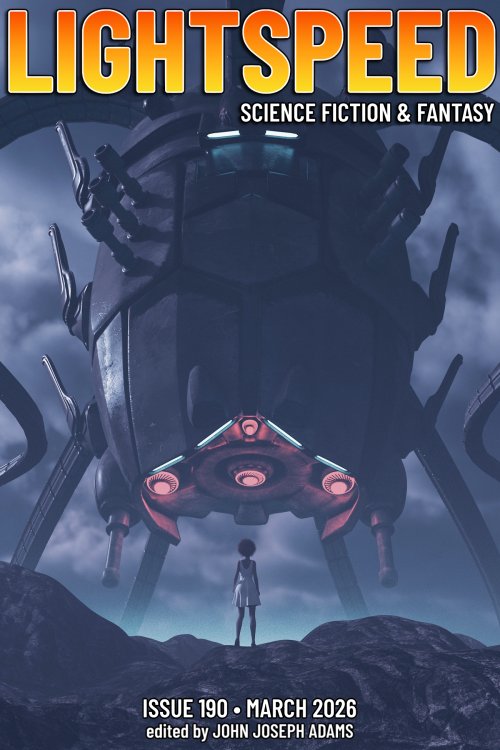Author Spotlight
Author Spotlight: K.C. Ball
I’m interested in the notion of sentient A.I., and got more and more into the character as the story developed. I tried to make him real and unreal, to give him attitude, particularly in his view of humans.









